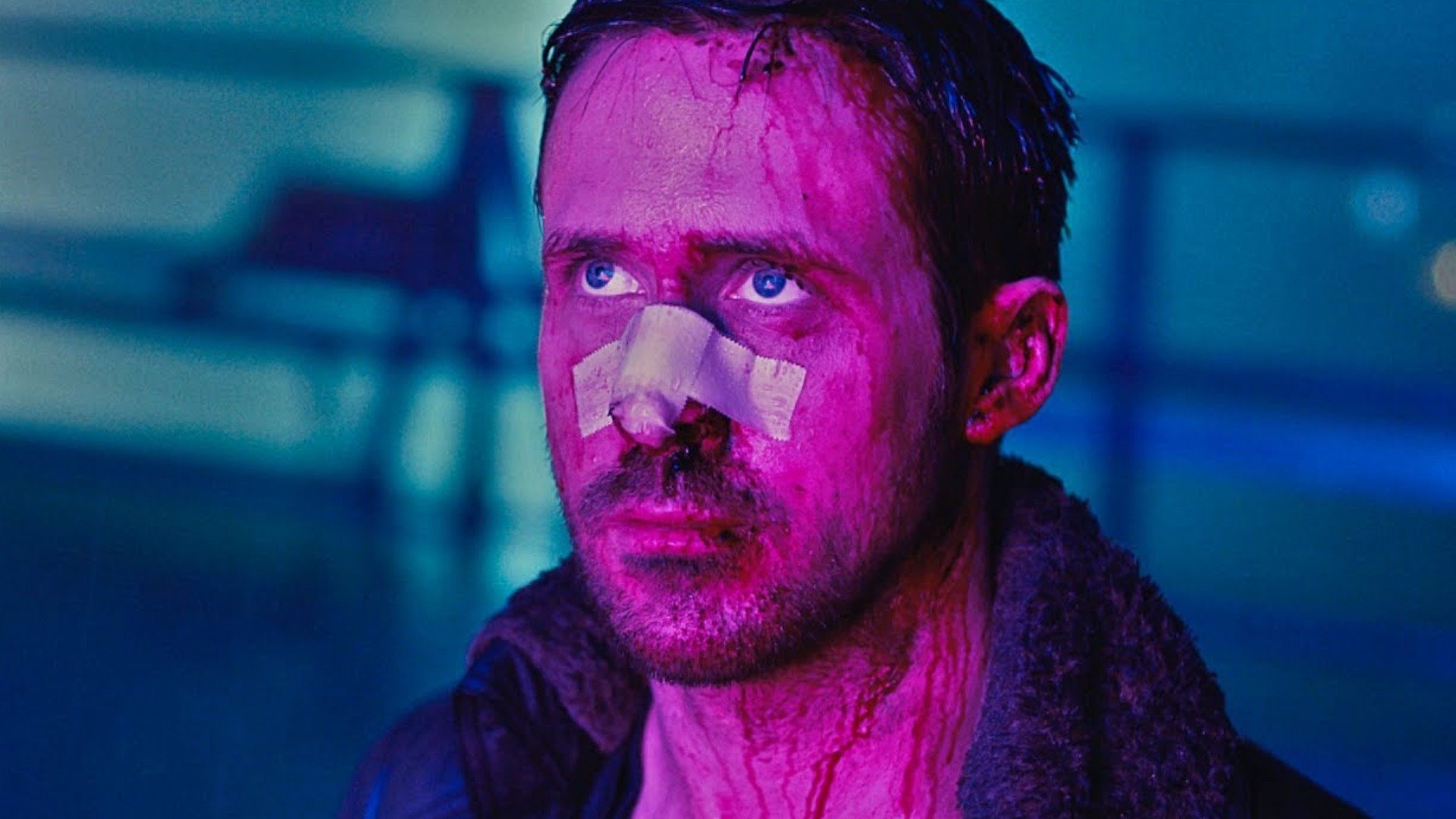The increasing popularity of AI-powered chatbots for mental health support raises concerns about the potential for therapeutic misconceptions. While these chatbots offer 24/7 availability and personalized support, they have not been approved as medical devices and may be misleadingly marketed as providing cognitive behavioral therapy. Users may overestimate the benefits and underestimate the limitations of these technologies, leading to a deterioration of their mental health. The article highlights four ways in which therapeutic misconceptions can occur, including inaccurate marketing, forming a digital therapeutic alliance, limited knowledge about AI biases, and the inability to advocate for relational autonomy. To mitigate these risks, it is essential to take proactive steps, such as honest marketing, transparency about data collection, and active involvement of patients in the design and development stages of these chatbots.
Summarized by Llama 3 70B Instruct



I read the nice summary and that all seems reasonable to expect before being able to even remotely imply these things have any value as a mental health supporting tool.
AI therapists seem like a bad idea as a gut feeling to me, to be honest.
But thinking on it beyond my gut feeling, I recalled how my parents reacted 25 years ago when I told my them I was struggling with suicidal depression and pointed to an advertisement for prozac that described the things things I was going through.
My dad told me about how the advertisers were just trying to make a buck, and the doctors were paid to prescribe things and didn’t care about my health, then my mom secretly behind his back put me on echinacea supplements.
In comparison it’s hard to imagine an AI doing worse than that.
So gut feeling or no, and potentially pitfalls or no, this could be a tool to help people who can’t otherwise get that help, and that has me hopeful.